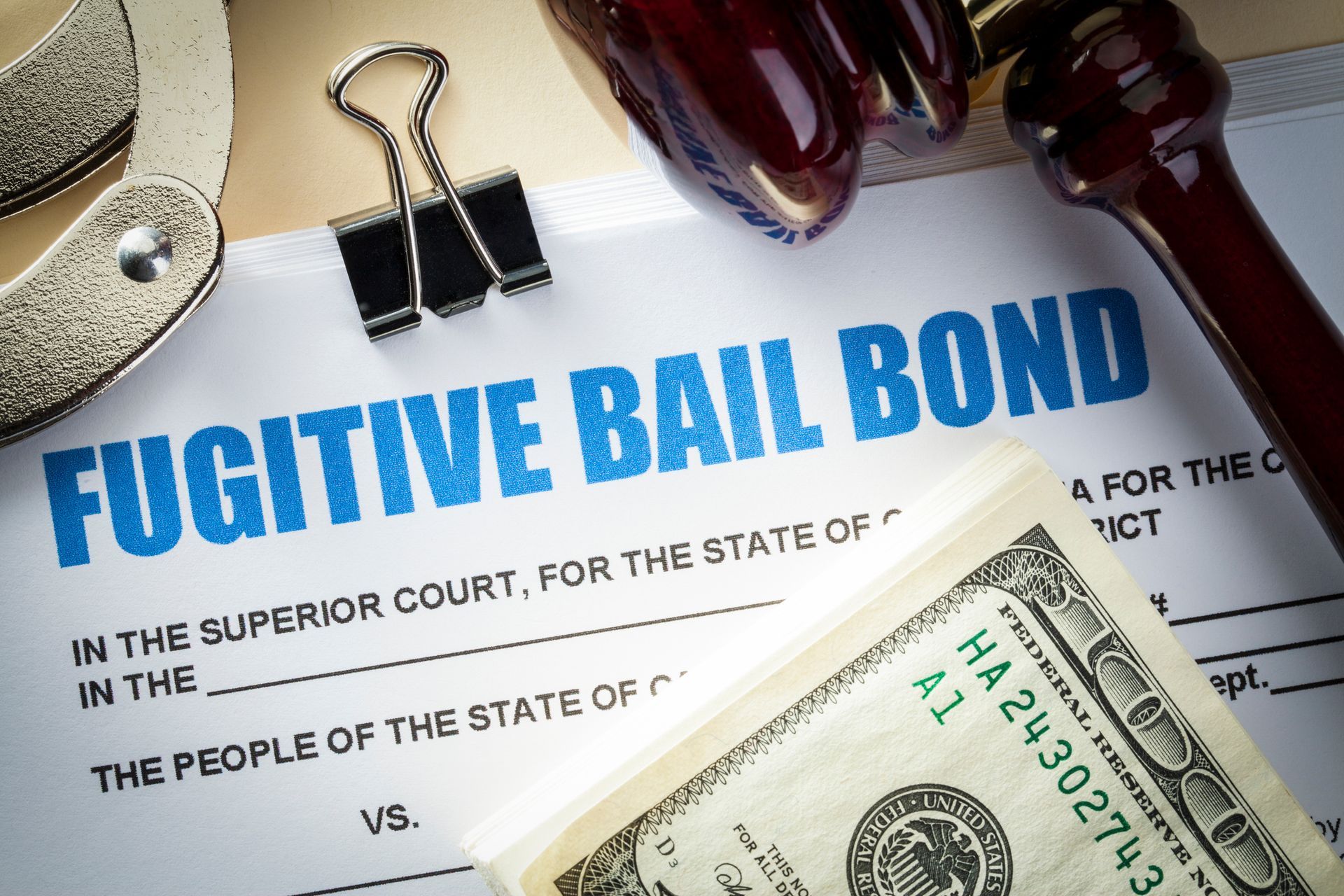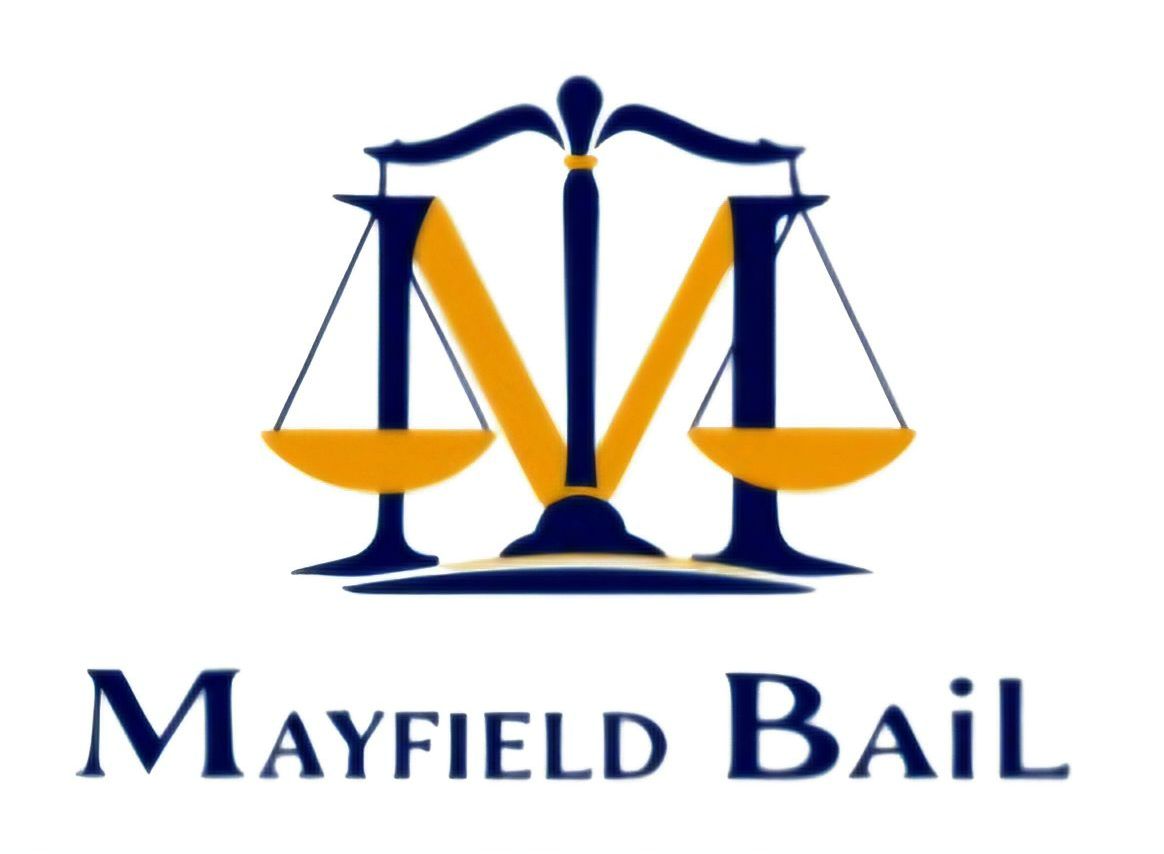Top 5 Myths About Bail Bonds Debunked
Bail bonds are often misunderstood. Movies and TV shows tend to dramatize the process, leading to confusion and myths that can make an already stressful situation worse. If you or a loved one needs a bail bond, it's important to separate fact from fiction.
Here are the top 5 most common myths about bail bonds — and the truth behind them.
Myth #1: Bail Bonds Are Only for Guilty People
Truth:
Bail has nothing to do with guilt or innocence. It’s simply a legal tool to ensure a person returns to court after being released from jail. Everyone is presumed innocent until proven guilty, and using a bail bond is just a way to exercise the right to temporary freedom while awaiting trial.
Myth #2: If You Use a Bail Bondsman, You Get Your Money Back
Truth:
When you work with a bail bond agent, you pay a non-refundable premium — usually 10% of the full bail amount. That fee covers the risk and service the bondsman provides. You don’t get that money back, even if the case is dismissed.
Only in cases where you post cash bail directly with the court do you get that money back (minus court fees), provided the defendant shows up for all court dates.
Myth #3: The Bail Bondsman Can Negotiate the Bail Amount
Truth:
Only a judge can set or reduce bail. A bail bondsman has no control over the amount determined by the court. However, once the bail is set, the bondsman can help you afford it by posting a bond for a fraction of the total amount.
Myth #4: You Need to Own Property to Get a Bail Bond
Truth:
While some cases require collateral (such as a house, car, or jewelry), not all do. Many people can qualify for a bail bond using just a co-signer and the 10% premium. Every case is different, and a good bondsman will work with you to find a solution based on your situation.
Myth #5: Bail Bondsmen Are Like Bounty Hunters
Truth:
Bail bondsmen and bounty hunters (also called fugitive recovery agents) are not the same. Bail agents focus on helping people secure release from jail and navigate the court system. Bounty hunters are only involved when a defendant skips bail and must be returned to custody — and even then, only if allowed by state law.
Most of the time, bail bond professionals spend more time on paperwork and support than action-packed pursuits.
Final Thoughts
The bail bond industry plays an essential role in the justice system, helping families reunite and defendants prepare for trial from the outside. Don’t let myths mislead you — if you ever need help, contact a licensed, local bail bondsman who can walk you through the process clearly and honestly.










